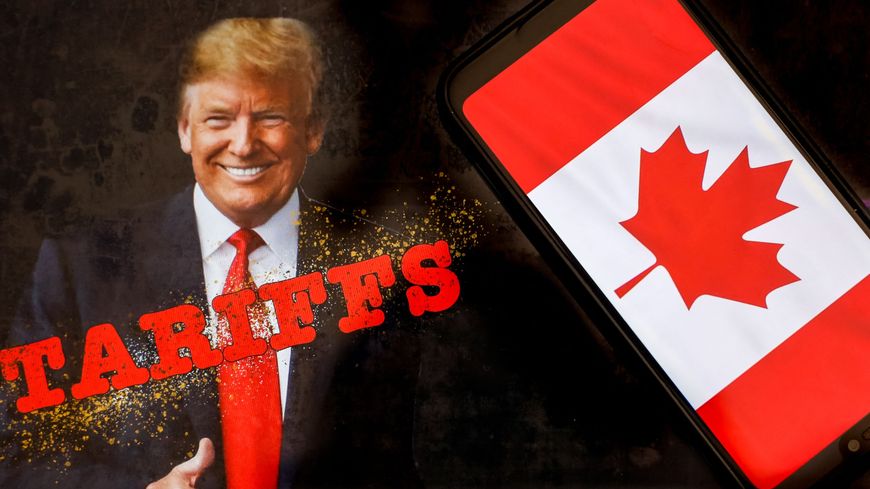The inauguration of President Donald Trump has ushered in a period marked by significant political and economic shifts, leading to heightened market volatility and uncertainty. For individuals aiming to protect their financial assets during these unpredictable times, adopting strategic measures is crucial. Below are key strategies to consider:
1. Diversify Your Investment Portfolio
Diversification remains a cornerstone of risk management. By allocating investments across various asset classes, sectors, and geographic regions, you can mitigate potential losses from market fluctuations. This approach ensures that underperformance in one area does not disproportionately impact your overall portfolio. Allied Wealth
2. Consider Inflation-Protected Securities
With the potential for inflation due to new economic policies, investing in instruments like Treasury Inflation-Protected Securities (TIPS) can be prudent. TIPS are designed to shield your investments from inflationary pressures, preserving the purchasing power of your capital. Dame Magazine –MarketWatch
3. Maintain a Robust Emergency Fund
Establishing an emergency fund covering six months’ worth of living expenses provides a financial buffer against unforeseen circumstances, such as job loss or sudden medical expenses. This fund offers peace of mind and reduces the need to liquidate investments during market downturns.
4. Lock in Fixed Mortgage Rates
Anticipating potential interest rate hikes, securing a fixed-rate mortgage can safeguard against increased borrowing costs. This strategy ensures consistent monthly payments, shielding you from market-driven rate fluctuations. The Scottish Sun
5. Exercise Caution with New Debt
In an environment of rising interest rates, it’s advisable to minimize the acquisition of new debt. Higher rates can lead to increased repayment amounts, straining personal finances. Prioritize paying down existing high-interest debts to improve financial stability.
6. Stay Informed and Seek Professional Advice
Regularly monitor economic developments and policy changes that may impact your financial situation. Consulting with a certified financial advisor can provide personalized guidance tailored to your goals and risk tolerance. Professional expertise can help navigate complex financial landscapes effectively.
7. Avoid Emotional Investment Decisions
Market volatility can evoke strong emotional responses, leading to impulsive decisions. Maintain a long-term perspective and adhere to your established investment strategy. Reacting hastily to short-term market movements can jeopardize long-term financial objectives. The Street
8. Consider Safe-Haven Assets
Allocating a portion of your portfolio to safe-haven assets like gold and silver can provide a hedge against market instability and inflation. These tangible assets often retain value during turbulent economic periods.
9. Review Retirement Plans
Assess your retirement savings strategy in light of potential policy changes affecting Social Security and Medicare. Adjust contributions and investment allocations to ensure alignment with your retirement goals and anticipated future needs. GOBankingRates+1GOBankingRates+1
10. Remain Calm and Focused
Political landscapes are inherently dynamic. While it’s essential to stay informed and proactive, avoid overreacting to political developments. A disciplined, well-considered approach to financial planning is more effective than reactionary measures. Forbes
By implementing these strategies, you can enhance the resilience of your finances against the backdrop of political and economic uncertainty. Proactive planning and informed decision-making are key to safeguarding your financial well-being during times of change.

